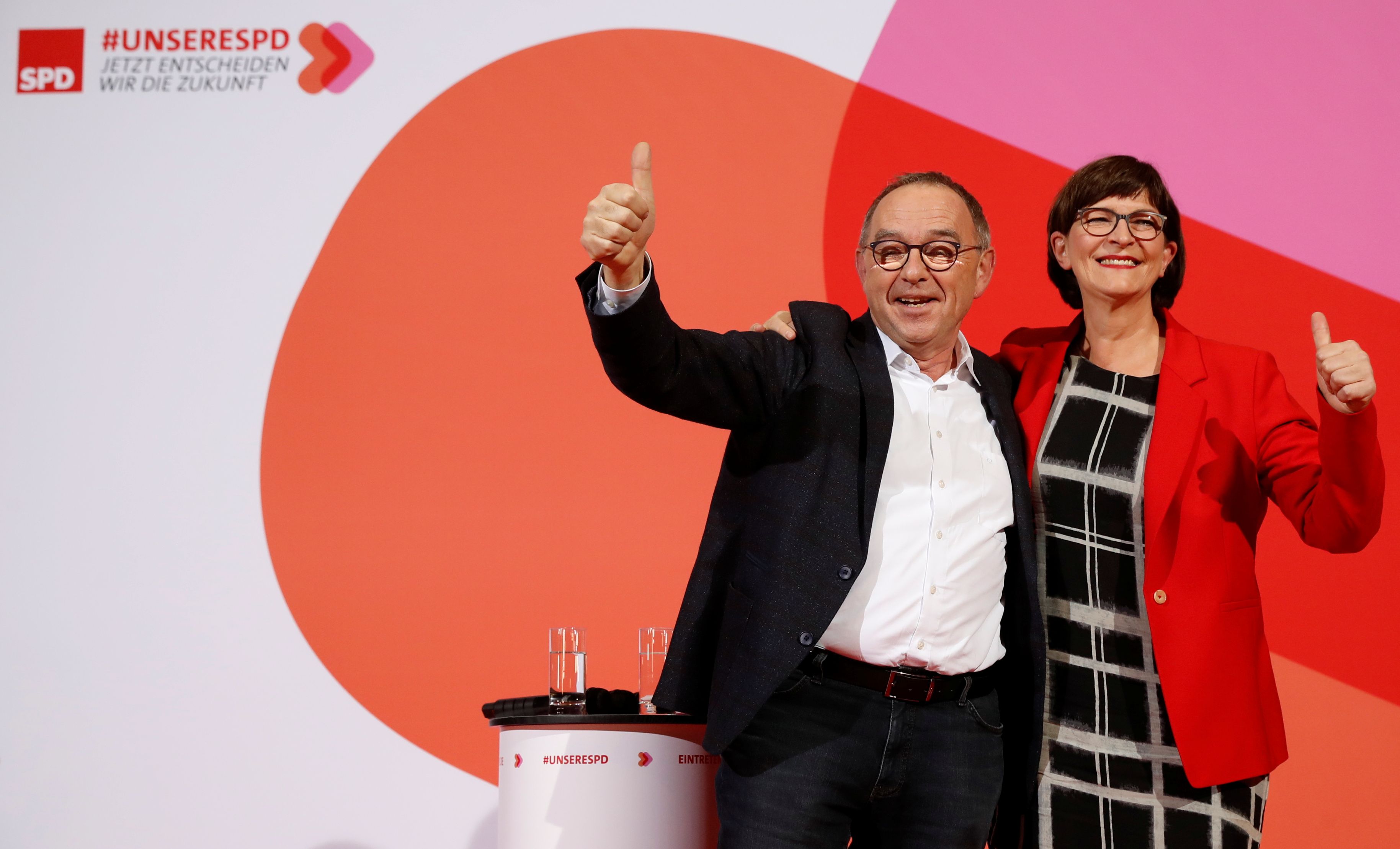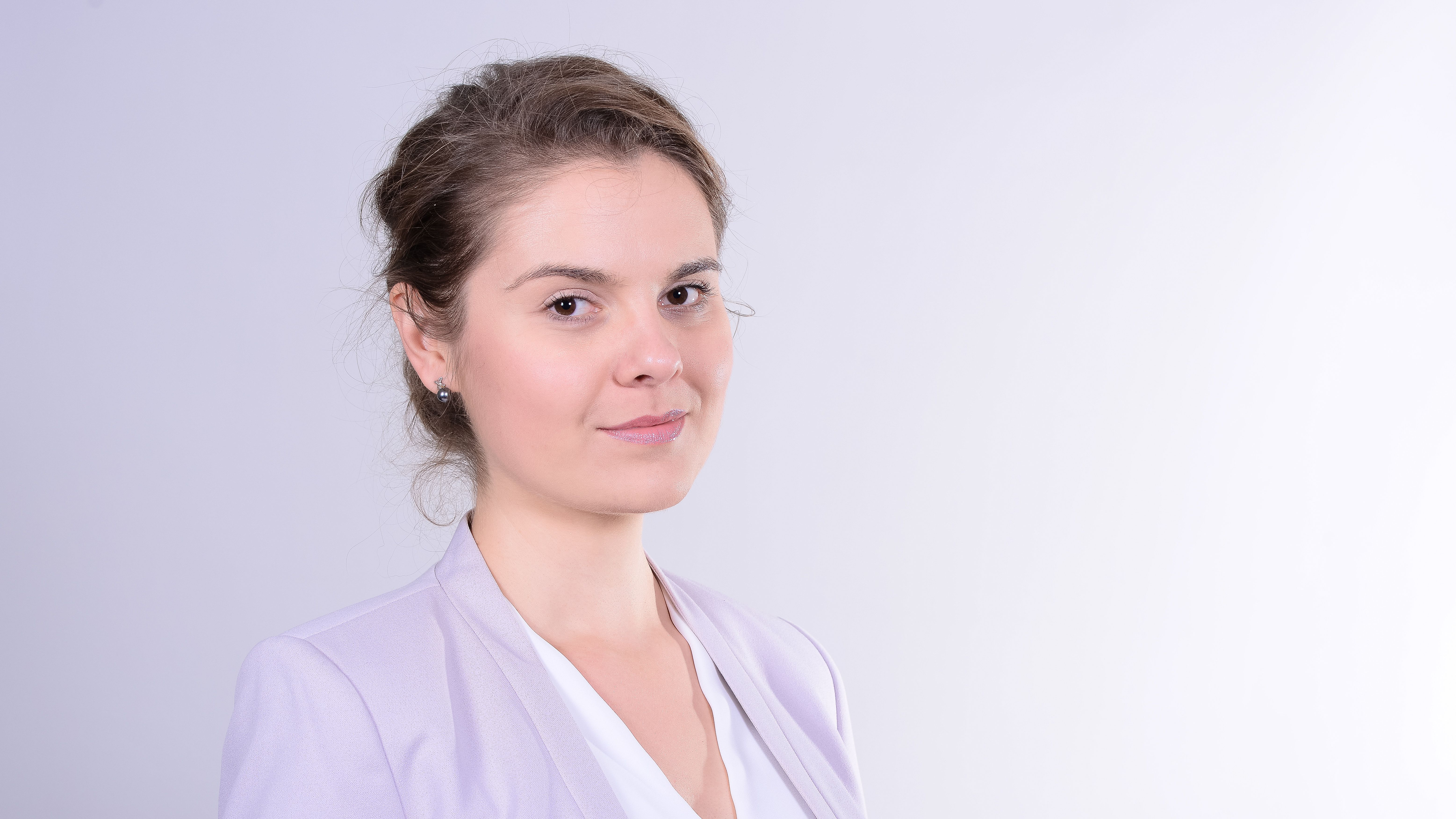Left-Wing Candidates Victorious in SPD Leadership Election

What prompted the change of SPD leadership?
The intra-party elections were an attempt to stop the decline in support for the SPD that began in the early 2000s. The introduction of the “Hartz reforms” by the SPD-Greens coalition government reduced social benefits for the long-term unemployed and undermined the party’s status as a representative of lessprosperous social groups. The formation of governments with the Christian Democrats in 2005–2019 and the takeover of some of the Social Democrats’ propositions by the CDU also contributed to the erosion of its leftist party image. In addition, the group did not have a chairperson who could give it a new direction and regain votes lost in regional, federal, and European elections. As a result, the party, which in 1998 won the Bundestag election with 40.9% of the votes, today can count on the support of just 14% of voters.
What course will the grouping take under the new leadership?
Esken and Walter-Borjans’ victory is a preview of the party’s programme shift to the left. This is evidenced by the new leadership duo’s proposals. They criticize the “black zero budget policy” (maintaining a balanced budget at all costs) and call for increased spending on infrastructure investment and climate protection, raising the minimum wage to €12 per hour, and higher taxes for the richest. They are also opposed to arms exports by Germany, especially to areas affected by armed conflict. In addition, the new co-presidents want to pursue more ambitious climate policy, proposing, among others, increasing the price of CO2 emission allowances. The possibility of adopting a more left-wing course is also demonstrated by the support given to Esken and Walter-Borjans by SPD youth leader Kevin Kühnert, who in the past has proposed the “democratic collectivisation” of large companies such as BMW and limitation of real estate property rights.
What awaits the grand coalition after Esken and Walter-Borjans’ victory?
Their win may herald the end of the joint SPD-CDU/CSU government because Scholz and Geywitz were branded as a continuation of the coalition with the Christian Democrats. The party members’ votes are a signal that during the upcoming SPD convention (6-8 December), when the new leadership will be formally approved, the delegates will support a transition to the opposition. However, if the majority favours continuing in government with the CDU/CSU, further tensions within the grand coalition may arise. CDU leadership already seem sceptical of Esken and Walter-Borjans’ call for a renegotiation of the coalition agreement. It is also uncertain what function the new SPD leaders would play in the coalition. It is possible that Scholz will leave the government, with his position as deputy chancellor and finance minister taken over by Walter-Borjans.
Does choosing new leaders mean a change in foreign policy by either the SPD or the government?
SPD’s foreign policy under the leadership of Esken and Walter-Borjans will be more focused on deepening EU integration, in particular strengthening joint institutions, social legislation, and taxation of large international concerns. The new leaders have criticized increases in defence spending and are in favour of limiting the presence of the Bundeswehr in foreign missions. It cannot be ruled out that the SPD will increasingly promote independence from the U.S., including by strengthening the EU’s defence potential. At present, the party’s current position on Russia, a combination of dialogue and criticism of the Russian authorities, will not change. At the same time, uncertainty about the continuation of the grand coalition weakens Germany’s position in international politics. The collapse of the government and possible elections would be extremely unfavourable for Germany because it will hold the presidency of the EU Council in the second half of 2020.


